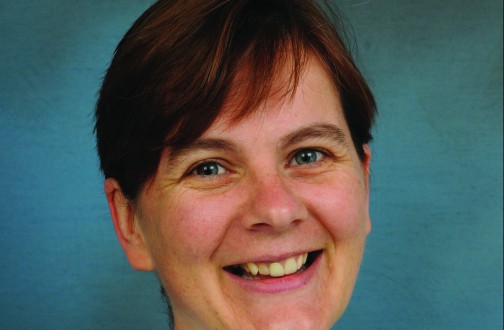Annie Davis has worked at the George Veterinary Group for 19 years. She is one of a team of seven pig vets, based in Malmesbury, Wiltshire
Animal welfare has featured heavily in recent news coverage, mainly thanks to Defra Secretary Michael Gove’s overtures about investing in higher animal welfare standards and his support for industry-led initiatives to improve standards.
I find myself in the unusual position of agreeing with Mr Gove. Many who work in education would consider that to be sufficient evidence I have lost the plot and need to be taken to a darkened room, but perhaps even they would agree he has ideas.
The difficulty comes in discerning which are good and practical and which are destined to crash and burn because they are unworkable (or plainly barmy).
I’d class investing in higher welfare as one of his more laudable ideas, along with supporting industry-led initiatives. The challenge now is to ensure these ideas do fly, that the aspiration becomes a reality in the political uncertainty of the Brexit era. There is also the nagging feeling that I have heard this rhetoric before, yet actions have not followed.
The industry needs significant investment to renovate or replace ageing buildings. EU funding has not been available for building upgrades, leaving us nowhere in terms of improving pigs’ environment and housing. We continue to seek improvements though, and solutions to intractable issues like tail damage.
There is currently a scheme in Germany, whereby farmers are incentivised to stop tail docking by receiving a premium for every pig slaughtered with an intact tail.
Could something similar be implemented here, as is being considered? In the most simplistic terms, if the systems in which we rear pigs are not optimal and allow vice to occur, then improving the system should reduce vice.
A financial incentive would ease this investment as long as we are confident that it will bring a necessary return – and only if the funding is put up at the start of the process. We aren’t likely to risk the welfare disaster that is an outbreak of tail biting in the hope of a reward in its aftermath.
Novel and innovative ideas should be encouraged and there is a massive opportunity for the industry to access funding if we can be motivated to go for it.
If our aim in the UK is to maintain and build on higher welfare pig production systems and remain commercially viable in doing so, then a good start would be a recognition of the value we bring in pig welfare, food safety and traceability and the effect that has on our cost of production.
Mr Gove could start by avoiding a ‘cheap food’ policy and protecting the industry from imported meat from countries with no commitment to higher welfare standards. Then we might see if his ideas have a chance to fly, or whether pigs might.




